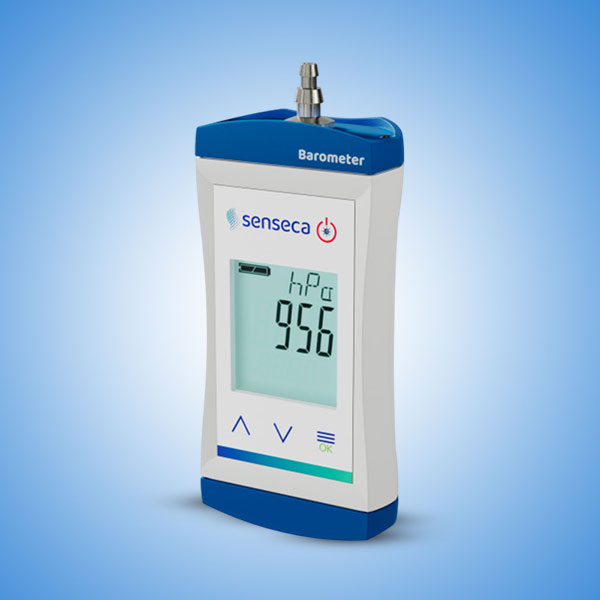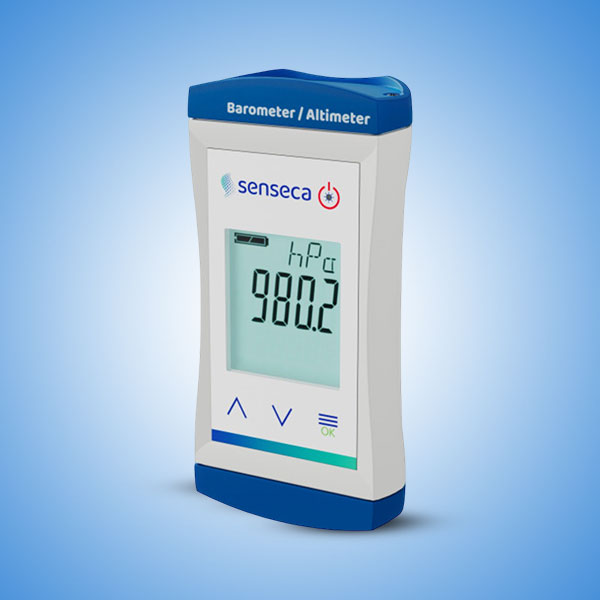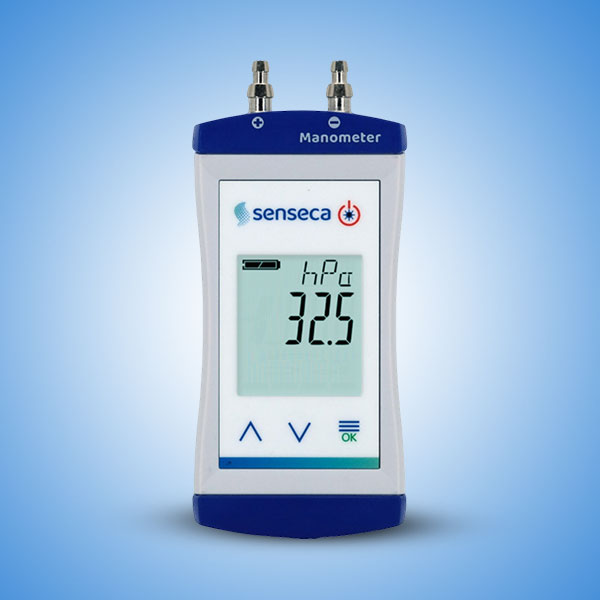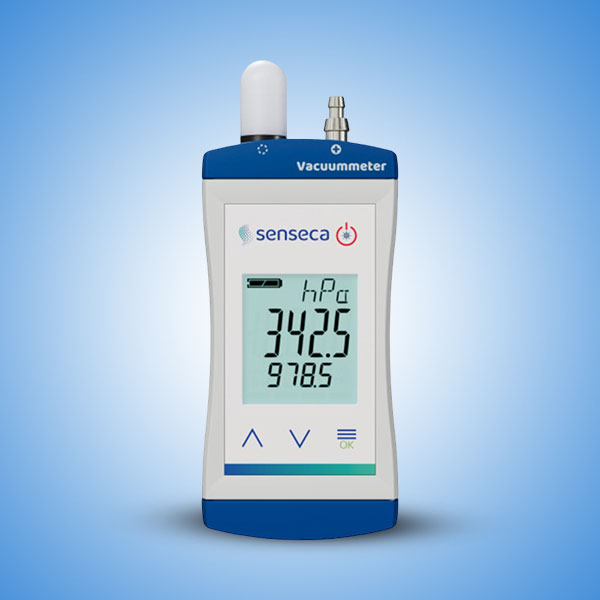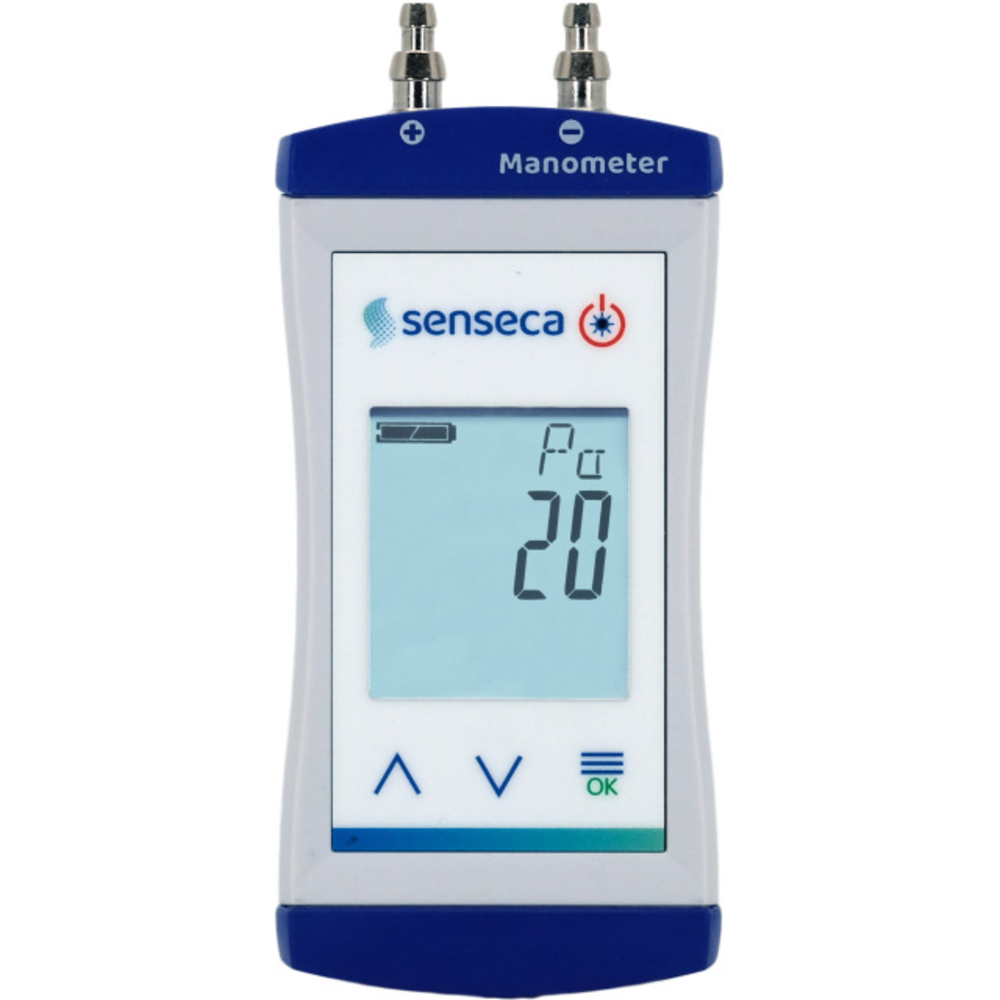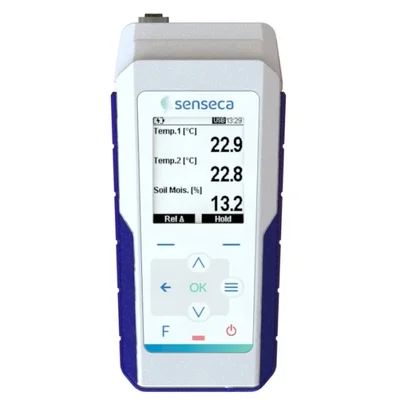Handheld Meters
Handheld Meters are compact, portable devices used to measure a variety of physical, chemical, or environmental parameters quickly and accurately. Whether you are in the lab, out in the field, or working on-site, Handheld Meters provide reliable, real-time readings without the need for bulky equipment. These devices are essential tools in industries like environmental monitoring, electrical engineering, water testing, agriculture, and HVAC services.
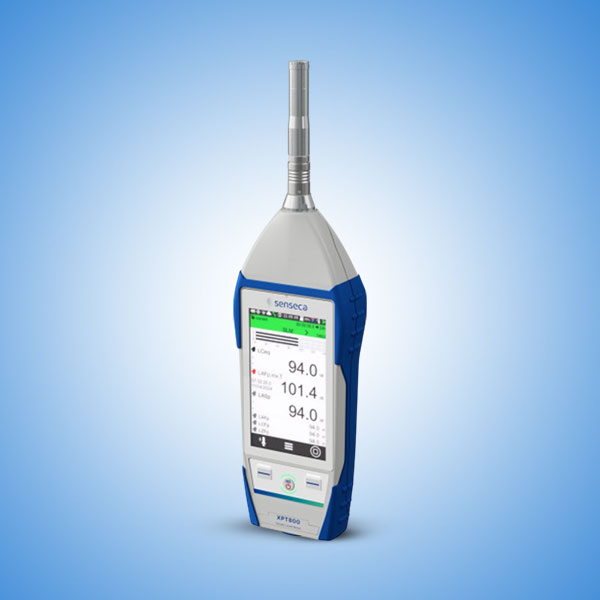
Frequently Asked Questions
Handheld Meters are small, battery-powered instruments designed for ease of use and portability. They come in many types depending on the measurement application. For example, you can find Handheld Meters for measuring pH, temperature, humidity, dissolved oxygen, conductivity, voltage, and more. Due to their lightweight design and quick response time, Handheld Meters are widely used by professionals who need accurate data on the move.
There are many types of Handheld Meters, each built for specific applications:
- pH Meters
Used in laboratories, water treatment, and agriculture to measure the acidity or alkalinity of liquids.
- Conductivity Meters
Measure the ability of a solution to conduct electricity, commonly used in water quality testing. - TDS Meters (Total Dissolved Solids)
Assess the concentration of dissolved substances in water. - Multimeters
Used in electrical work to measure voltage, current, and resistance. - Light Meters
Help in measuring light intensity for photography, greenhouse lighting, or indoor environments. - Thermometers
Handheld digital thermometers are used across industries to measure temperature accurately. - Humidity Meters (Hygrometers)
Measure the moisture content in air – useful in agriculture, HVAC, and food storage.
1. Portability
As the name suggests, Handheld Meters are designed to be carried easily. Their compact size allows users to take measurements anywhere.
2. Ease of Use
Most Handheld Meters feature simple interfaces, digital displays, and user-friendly controls.
3. Fast and Accurate
These meters offer quick readings with a high level of accuracy, making them ideal for time-sensitive applications.
4. Versatility
One of the biggest advantages of Handheld Meters is their wide range of applications—from water testing in the field to voltage checking in electrical circuits.
5. Cost-Effective
Compared to large, stationary equipment, Handheld Meters are more affordable without compromising on performance.
1. Environmental Monitoring
Measure air quality, water purity, and soil conditions directly in the field.
2. Agriculture
Farmers use Handheld Meters to test soil pH, temperature, and moisture, helping to improve crop yield.
3. Water Quality Testing
Common in water treatment plants, aquaculture, and laboratories to monitor pH, conductivity, and oxygen levels.
4. Electrical and Electronic Testing
Engineers and electricians use multimeters and voltage testers to ensure safety and performance.
5. Food and Beverage Industry
Handheld thermometers and pH meters help maintain product quality and safety.
6. HVAC and Building Maintenance
Test indoor air quality, humidity, and temperature to ensure healthy living and working environments.
When buying a Handheld Meter, consider the following:
- Measurement Type: Ensure the device measures the parameter you need—whether it's pH, temperature, voltage, etc.
- Accuracy and Range: Select a meter with the right measurement range and accuracy for your application.
- Battery Life: For field work, longer battery life is essential.
- Display and Data Logging: Some Handheld Meters come with backlit displays and data storage capabilities.
- Durability: If you’re working in tough conditions, choose a rugged, water-resistant model.
To keep your Handheld Meters working accurately:
- Clean the device regularly as per the manufacturer’s instructions.
- Store in a dry, cool place.
- Calibrate the meter at recommended intervals, especially for sensitive instruments like pH or conductivity meters.
- Replace batteries or probes as needed.
Proper maintenance ensures long-term accuracy and reliability, which is vital when making important decisions based on measurement results.
